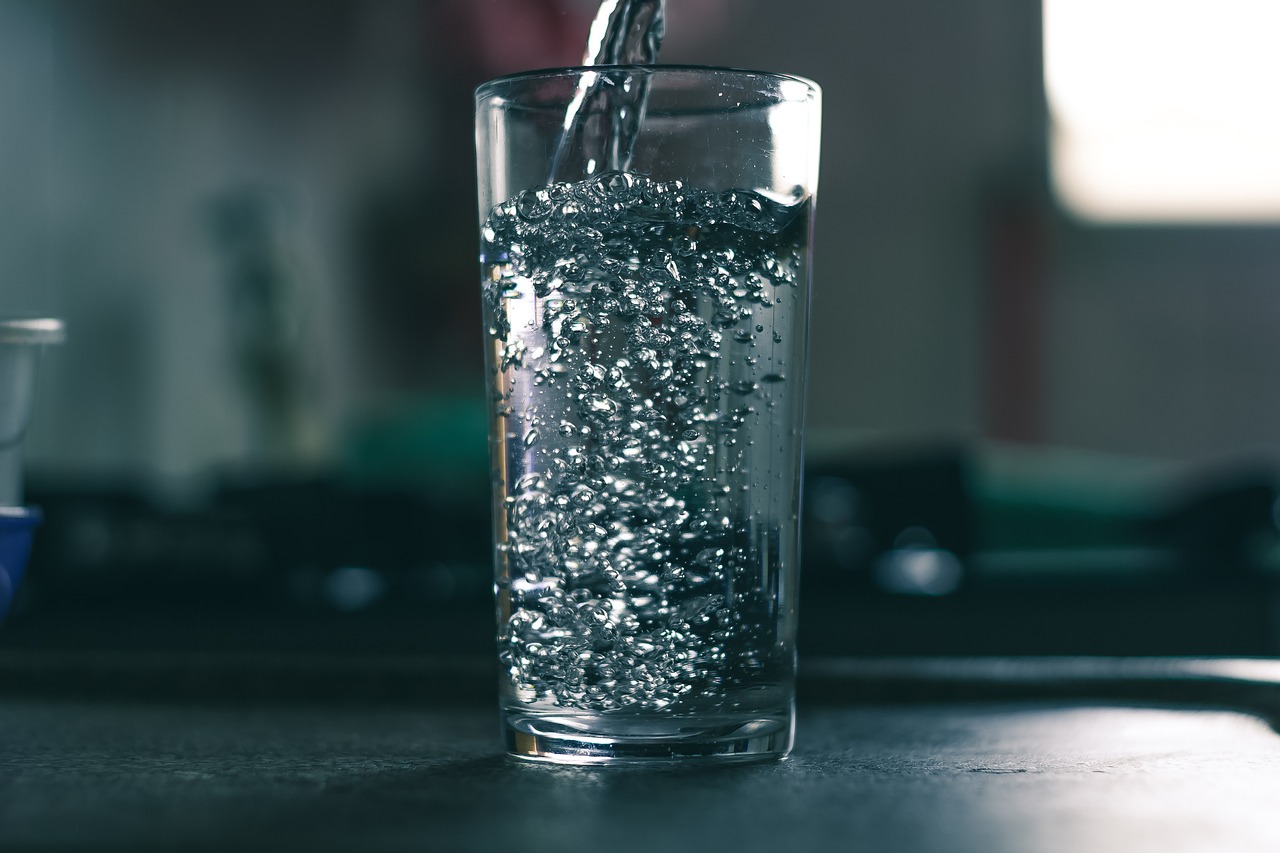Tap water has long been taken for granted, but recent studies have shed light on the shocking truth: our water supply is teeming with hidden dangers. From harmful contaminants to toxic chemicals, the risks lurking in our tap water are more significant than we ever imagined. In this article, we delve deep into the perils of unfiltered tap water and explore how whole house water filters can provide the ultimate solution for safeguarding our health and well-being.
The Silent Threat: Unseen Contaminants Polluting Our Tap Water
Behind the clear appearance of tap water lies an invisible threat that can have severe consequences for our health. Numerous contaminants, including lead, pesticides, pharmaceutical residues, and industrial chemicals, find their way into our water supply. These unseen pollutants can lead to a variety of health issues, such as developmental disorders, organ damage, and even cancer.
One of the most troubling contaminants found in tap water is lead. Old pipes and plumbing systems, as well as outdated infrastructure, can cause lead to leach into the water supply. Lead exposure can be particularly harmful to children, causing developmental delays, lower IQ, and behavioral problems. Additionally, pesticides and industrial chemicals present in tap water can have long-term effects on our health, including disrupting hormonal balance and affecting reproductive health.
To combat these hidden contaminants, whole house water filters are essential. Unlike point-of-use filters, which only treat water at specific faucets or showerheads, whole house water filters are installed at the main water line, ensuring that all water entering the house is treated. These filters use a combination of physical filtration, activated carbon, and other treatment technologies to remove contaminants and provide clean, safe water throughout the entire house. By investing in a whole house water filter, homeowners can have peace of mind knowing that their water is free from harmful pollutants.
The Dark Side of Chlorine: Unveiling the Hazards of Disinfection Byproducts
Chlorine has long been used as a primary disinfectant to kill harmful bacteria and viruses in our water. However, the very process that keeps us safe may be putting us at risk. When chlorine reacts with organic matter, it forms disinfection byproducts (DBPs) that are known to be hazardous to our health. These DBPs have been linked to respiratory problems, skin irritations, and reproductive disorders.
One of the most common DBPs found in tap water is trihalomethanes (THMs). THMs are formed when chlorine reacts with organic matter, such as decaying leaves or algae, in the water. Long-term exposure to THMs has been associated with an increased risk of bladder and colorectal cancer. Other DBPs, such as haloacetic acids (HAAs), have been linked to liver, kidney, and central nervous system disorders.
Whole house water filters can effectively remove these harmful disinfection byproducts, providing a safer water supply. By utilizing activated carbon and other advanced filtration technologies, these filters can remove chlorine and its byproducts, ensuring that the water we use for drinking, cooking, and bathing is free from these hidden hazards.
Old Pipes, New Problems: Contaminants Lurking in Aging Plumbing Systems
As our cities and towns age, so do the plumbing systems that deliver our tap water. With time, these aging pipes can corrode and accumulate harmful contaminants. Heavy metals like lead, copper, and cadmium can leach into the water, posing a significant risk to our health. Furthermore, microorganisms can thrive in the biofilm that forms on the interior surfaces of these pipes, increasing the chances of waterborne illnesses.
Lead, in particular, is a major concern when it comes to aging plumbing systems. Many older homes still have lead pipes or plumbing fixtures that can contaminate the water supply. Even newer homes may have brass faucets or fittings that contain lead. Exposure to lead can have serious health effects, especially in children and pregnant women. It can cause neurological damage, developmental delays, and impaired cognitive function.
Whole house water filters with advanced filtration systems can effectively remove heavy metals and microorganisms, providing clean and safe water throughout the house. By removing these hidden contaminants, homeowners can protect themselves and their families from the health risks associated with aging plumbing systems.
Filtering the Truth: Debunking Myths about Whole House Water Filters
Despite the numerous benefits offered by whole house water filters, misconceptions and myths surround them. Some claim that these filters are unnecessary or a waste of money, arguing that tap water is already treated and safe to drink. However, the reality is that while municipal water treatment plants do their best to provide safe drinking water, they cannot remove all contaminants.
Whole house water filters go beyond what municipal treatment plants can achieve, providing an additional layer of protection. These filters can remove a wide range of contaminants, including chlorine, chloramines, heavy metals, pesticides, and pharmaceutical residues. They also improve the taste and odor of the water, making it more enjoyable to drink.
Another myth surrounding whole house water filters is that they are expensive and require frequent maintenance. While there is an upfront cost associated with purchasing and installing these filters, they offer long-term savings by reducing the need for bottled water and extending the lifespan of household appliances. As for maintenance, most whole house water filters only require periodic filter changes, which are relatively easy and affordable to perform.
In conclusion, whole house water filters are not only essential but also the ultimate solution for safeguarding our health and well-being. By removing hidden contaminants, such as unseen pollutants, disinfection byproducts, and contaminants from aging plumbing systems, these filters provide clean and safe water throughout the entire house. Despite common myths, whole house water filters offer numerous benefits and are a worthwhile investment for any homeowner concerned about the quality of their tap water.

